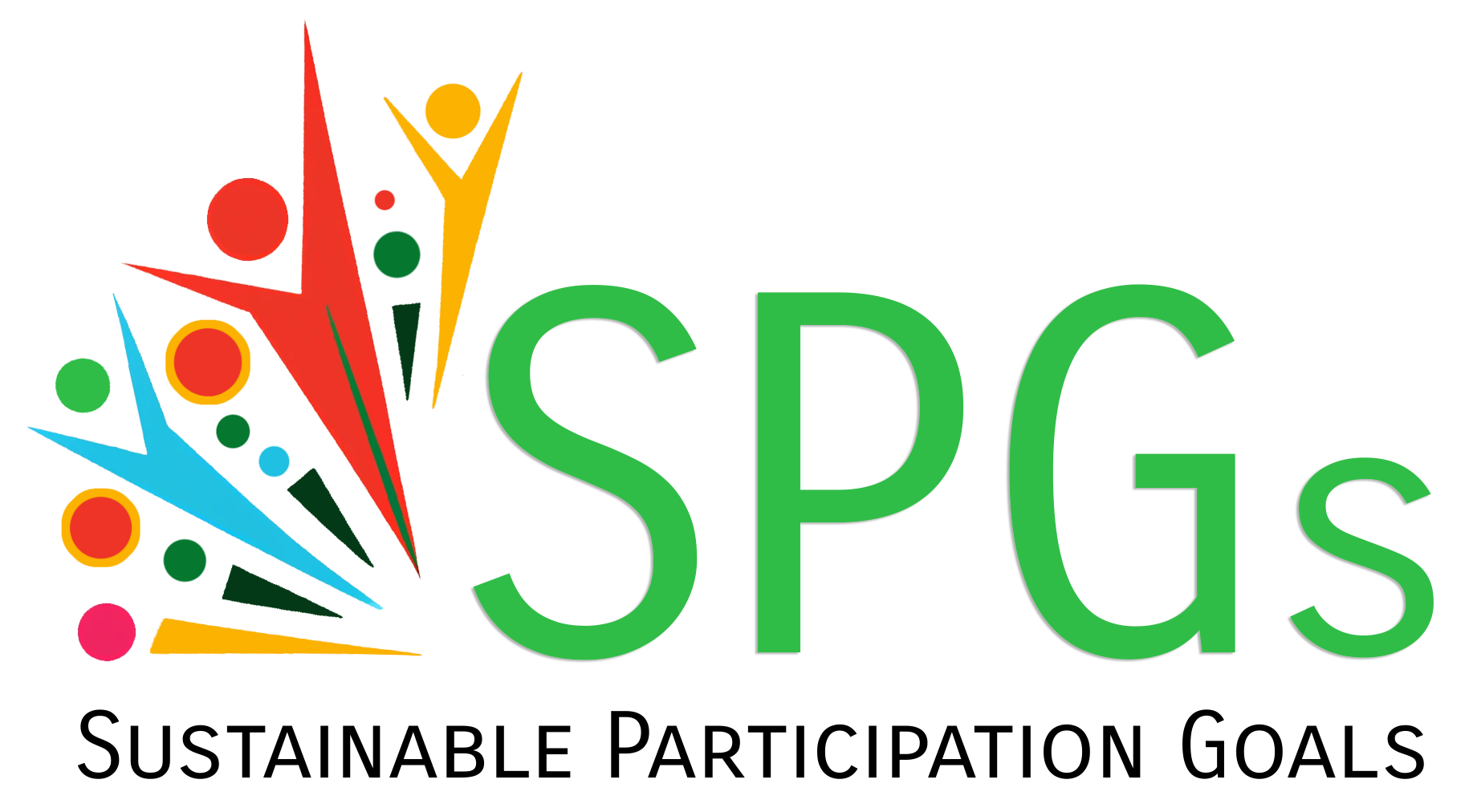Training within EU Institutions
Organising a training within the EU Institutions in Brussels, such as the European Parliament and European Commission, provides a valuable opportunity for youth to engage with European politics and policymaking. Planning such an event requires careful consideration of several factors, from communication and logistics to participant preparation and follow-up.
Getting in touch with the right people
Establishing the correct contacts within the European Parliament and European Commission is essential. Begin by identifying the appropriate departments or units that align with your project’s topics. You can find these contacts through the institutions’ official websites or by leveraging existing networks such as national or EU-based NGOs that have worked with these institutions before. Additionally, consider reaching out to Members of the European Parliament (MEPs) from your home country or those with a known interest in your project’s topics. MEPs often welcome the opportunity to meet with youth organisations and discuss relevant issues, but you will need to start the conversation well in advance. Personalised email introductions, including a clear explanation of your project’s objectives, can be an effective way to initiate these relationships.
Official and unofficial communication channels
While official communication channels like emails and formal requests are necessary, informal networks can be just as important. Youth ambassadors, alumni of past EU projects, and contacts within advocacy groups may already have connections to staff members within EU institutions. These informal channels can help expedite communications or provide insider tips on who to contact. Ensure that your communications are professional and precise. When requesting meetings or proposing a training session, provide all relevant details in your first message—such as dates, the purpose of the training, how it aligns with the EU's current policy agenda, and participant group composition and profile.
Know which topics you want to focus on
It is important to be clear about the specific topics your training will cover. Aligning the content of your training with current EU policy debates will make the session more relevant and appealing to EU officials and participants. Research ongoing legislative initiatives or recent discussions in the European Parliament to ensure that your training ties into timely and impactful issues. Having a well-defined agenda ensures that both your team and the participants are focused and that EU representatives can tailor their presentations or involvement to the specific areas of interest.
Logistics arrangements
Logistical planning is key to ensuring the smooth running of the training. First, identify the meeting location within the EU institutions. Some areas, like the European Parliament, may offer meeting rooms for groups, but you will need to apply in advance through official channels. Alternatively, you can consider venues nearby, such as EU-focused think tanks, embassies, or NGO offices that might offer event space. Accommodation should be affordable and accessible. Brussels offers a range of options, from youth hostels to budget hotels. If your budget allows, try to book centrally located accommodation to minimize transport issues. Provide clear instructions to participants on how to get from their accommodation to the training venue, considering local public transport options such as the metro or buses. Ensure that meals are arranged during the training, and that dietary restrictions are taken into account.
Pre-departure preparation
Ensure that the target selection process promotes diversity and inclusion, reaching participants from various socioeconomic backgrounds, geographic regions, and educational levels. It is also important to balance the size of the group – smaller groups allow for more meaningful discussions and direct interaction with officials, while larger groups can provide broader outreach. Once participants have been selected, it is crucial to provide thorough pre-departure preparation to ensure they are ready to make the most of the experience. Offer a pre-training briefing that covers the goals of the session, an overview of the EU institutions they will be visiting, and the agenda for the training. Participants should also be briefed on the role of the European Parliament and European Commission, especially if they are new to EU governance structures. Provide clear information about travel arrangements, accommodation details, local transport options, and any cultural or legal considerations they should be aware of while in Brussels. Offering a pre-departure Q&A session can help participants feel more confident and prepared for the training.
Follow-up
After the training, it is important to maintain engagement with participants and EU contacts. Organise a follow-up meeting or survey to collect feedback from participants on what they learned and how they plan to apply their knowledge. This not only helps with project evaluation but also fosters continued engagement and future collaboration. Additionally, send thank-you notes to EU officials and institutions that participated, highlighting the impact of their contribution. This gesture reinforces relationships and can lead to further opportunities for collaboration on future projects.
